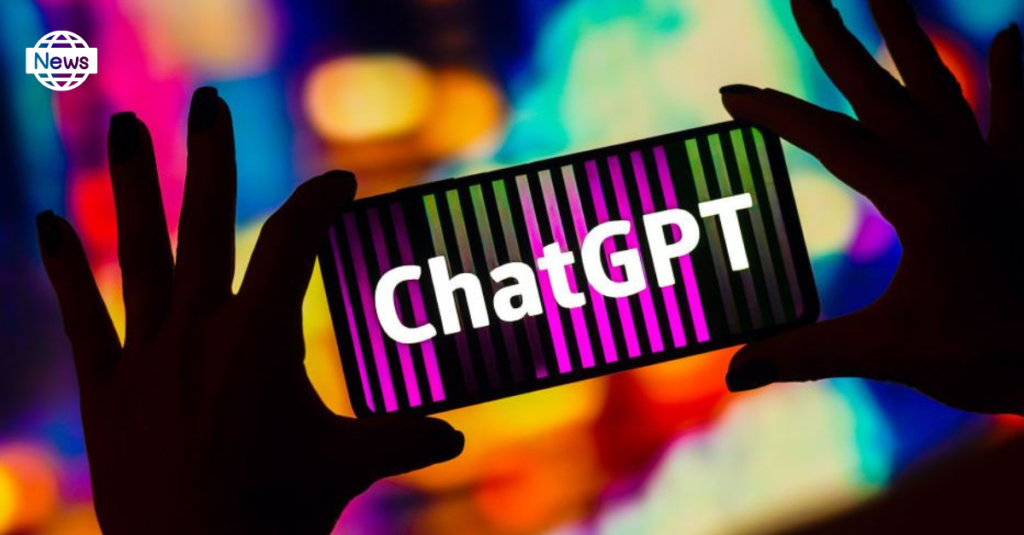Sam Altman, co-founder and CEO of OpenAI, has unveiled ChatGPT plug-ins. According to OpenAI, these plugins have been in high demand since the launch of ChatGPT. The ChatGPT plugins are being launched gradually, and the company claims to be evaluating the new technology’s impact in real-world use-cases. OpenAI has invited select plugin developers from the waitlist to construct these plugins, and they can begin developing ChatGPT plugins using OpenAI’s guidelines. Expedia, FiscalNote, Instacart, KAYAK, Klarna, Milo, OpenTable, Shopify, Slack, Talk, Wolfram, and Zapier are among the firms that have already produced plugins.
What exactly is a ChatGPT plugin?
OpenAI has provided ChatGPT plugins to expand the possibilities of their language model, ChatGPT. Third-party developers can use these plugins to integrate external tools and services with ChatGPT. According to the business, these plugins will allow ChatGPT to execute a variety of activities in addition to its basic purpose of generating human-like prose. OpenAI provided an analogy for plugins, suggesting that they can act as “eyes and ears” for language models like ChatGPT (GPT-3.5, GPT-4) by providing real-time access to information that can be very personal or recent. However, OpenAI has stated that the user must first provide approval.
What role do ChatGPT Plug-ins play?
ChatGPT Plugins expand the AI’s use cases. It will enable language models to access material that is “too recent, too personal, or too specific” to be included in the training data. The ChatGPT Plug-ins will also extend the AI’s capabilities outside the key use cases. According to OpenAI, ChatGPT Plug-ins broaden the variety of viable applications, providing additional opportunities to address various issues associated with huge language models.
The Risks of ChatGPT Plug-ins
Deploying ChatGPT Plug-ins introduces major new risks, such as the possibility of the model performing incorrect or misaligned actions in new domains. But, OpenAI has given information regarding the measures that will be put in place to prevent these dangers.
